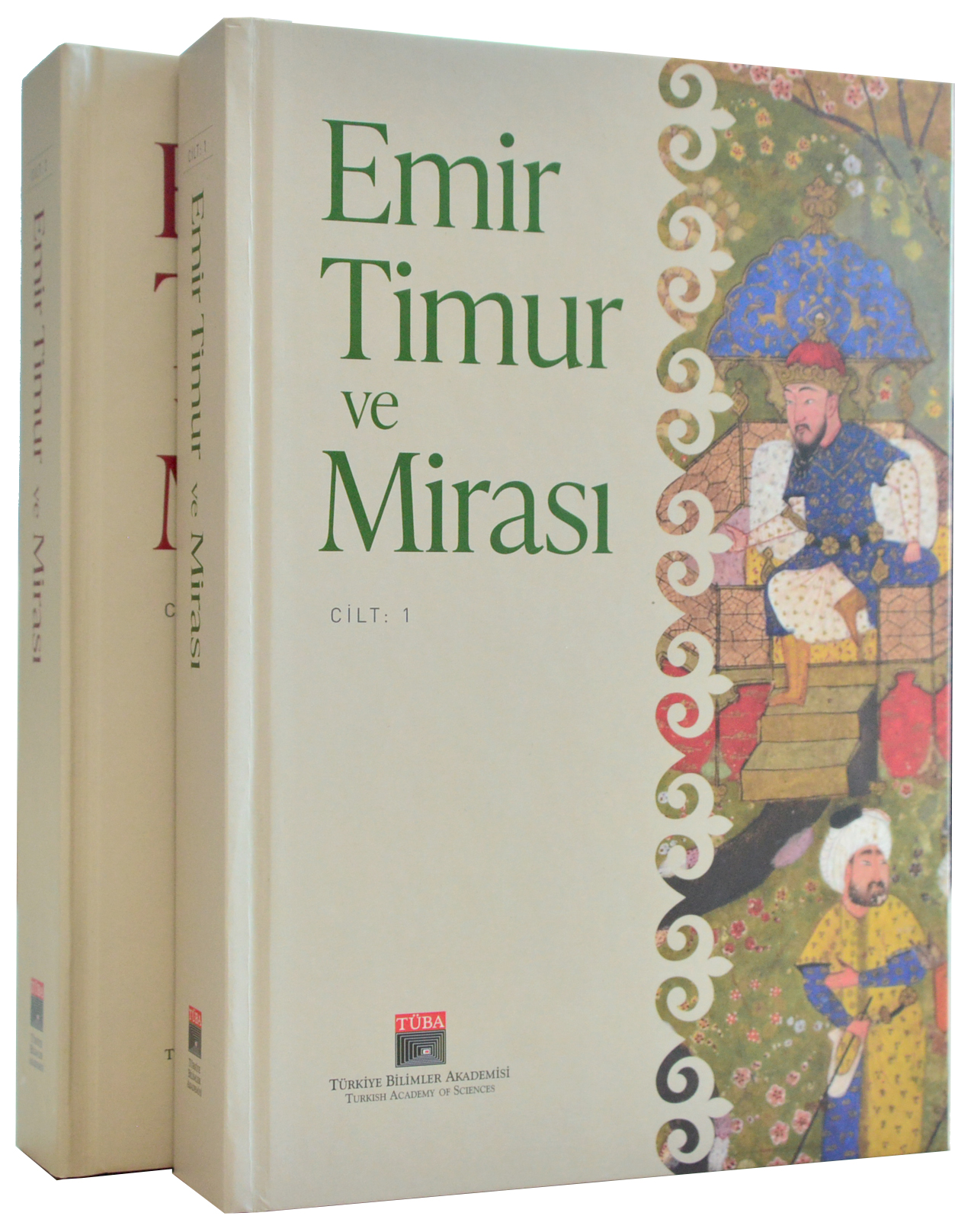An Emperor Beyond History’s Bounds: “Emir Timur and His Legacy”
 TÜBA has published the two-volume work Emir Timur and His Legacy, offering a comprehensive exploration of Emir Timur’s unique role in history and the enduring impact of his legacy.
TÜBA has published the two-volume work Emir Timur and His Legacy, offering a comprehensive exploration of Emir Timur’s unique role in history and the enduring impact of his legacy.
Edited by TÜBA Full Members Prof. Dr. Feridun M. Emecen, Prof. Dr. Musa Şamil Yüksel, and Prof. Dr. Muhammed Bilal Çelik, the book brings together 33 articles written by 37 scholars. It examines the political, military, cultural, economic, and scientific dimensions of Timur and the period that followed, adopting interdisciplinary perspectives. The work spans a wide array of topics, from the Timurid administrative system to architecture, language and literature, and religious life. It delves into Timur’s strategic genius, his character and leadership, his interactions with Yıldırım Bayezid, the Ottoman sultan struggling with the challenges of building a vast empire, and how Timur and Bayezid’s paths intersected. The book also considers how Timur was portrayed by his contemporaries in both Eastern and Western literature, providing answers to long-standing questions.
The study further explores the successor states of Timur’s empire, including the Uzbeks and Mughals, examining political relations, the Timurid administrative structure, religious thought, Sufi traditions, architecture, manuscript arts, and the construction of Timur’s modern image from multiple perspectives.
In his statement, TÜBA President Prof. Dr. Muzaffer Şeker highlighted that the Timurid dynasty and its heritage, rooted deeply in Turkish history, represent more than a historical memory; they are a cornerstone of the shared cultural memory of the Turkish world. “The work not only re-evaluates a historical figure but also exemplifies the intellectual collaboration of scholars from two countries. Each article, written by an expert in the field, reflects the ‘shared working memory’ of historiography in Uzbekistan and Türkiye. I am confident that this study will open new avenues for both Turkish historiography and Türkiye-Uzbekistan scientific collaboration,” he said. President Şeker also expressed his gratitude to the editors and all contributing scholars for their dedicated efforts in bringing this significant work to fruition.

